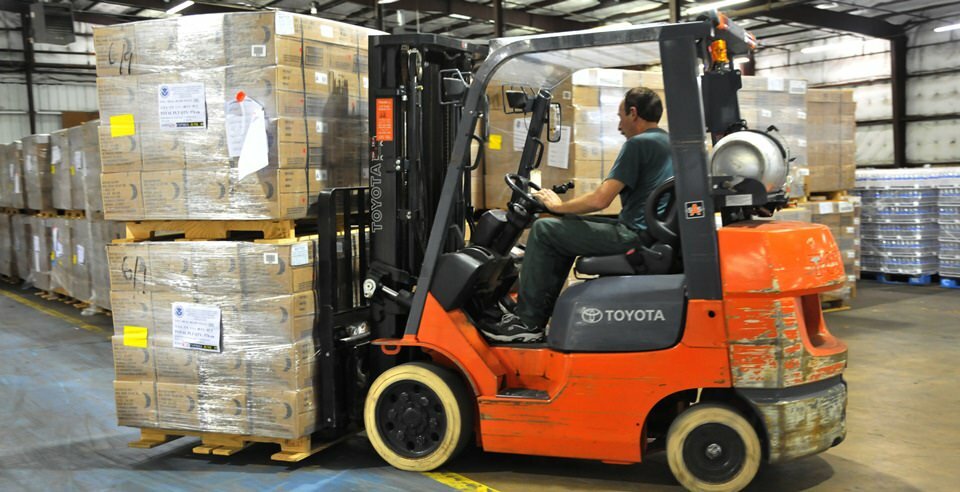
A company that manufactures medical equipment has been in court after two of its employees were injured by dangerous parts of machinery in separate incidents at the firm’s premises.
What happened?
The first incident left one of the workers with a fractured finger after his hand was pulled between two rollers on a lamination line because there was no guarding in place to prevent him from accessing the moving parts.
The company was served with two improvement notices from the Health and Safety Executive (HSE), requiring the company to take action to ensure the standards of guarding around potentially dangerous machines were raised to an acceptable level as a result.
Despite this, another worker suffered cuts and bruising to her hand when she trapped it between a fixed and a moving part while trying to clear a blockage.
Interlocks on the machine had been overridden, which the HSE found had become common practice at the firm and was effectively endorsed by the company.
An investigation found that both incidents occurred because of guarding failures on machines.
What was the outcome?
Welland Medical Ltd admitted two breaches of the Provision and Use of Work Equipment Regulations 1998, and was fined a total of £8,000 and ordered to pay £6,820 in costs.
HSE inspector, Stephen Green, said:
“Although the injuries sustained to these workers were relatively minor, they
could have been much worse. This type of incident is still far too common
despite the fact that workers have lost limbs, been disabled and,
in the most severe cases, even lost their life because
of inadequate or missing guarding.
“Both incidents were easily avoidable. Guards had been removed on the first
occasion and interlocked guards were overridden in the second. Taking
guarding away from machines or overriding systems to allow access
to dangerous parts should be only carried out with considerable
planning and with alternative safe systems of work in place
to protect workers. It must not be routine,
as was the case here.”
If you have been affected by an accident at work, and you would like expert advice, contact Hampson Hughes Solicitors today on 0800 888 6888 or email
Source: View article







Recent Comments